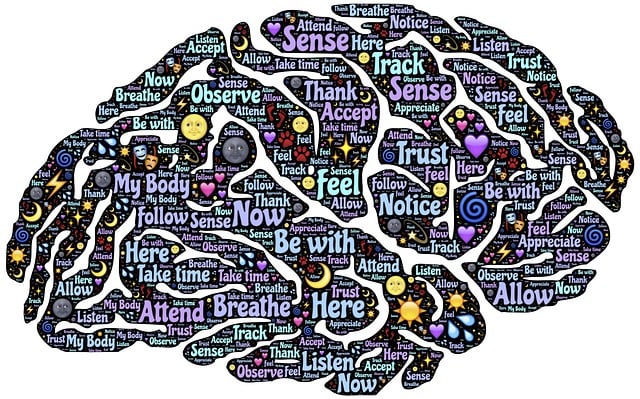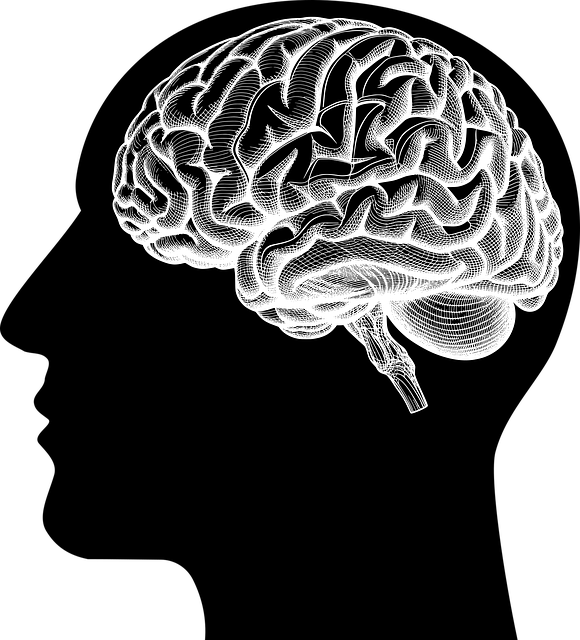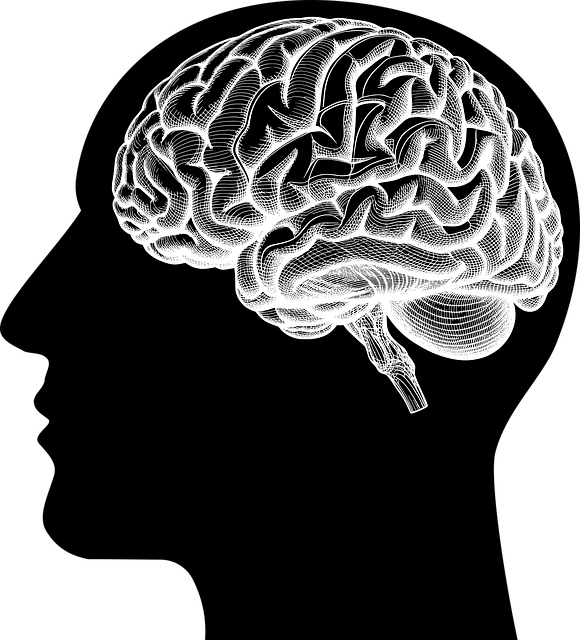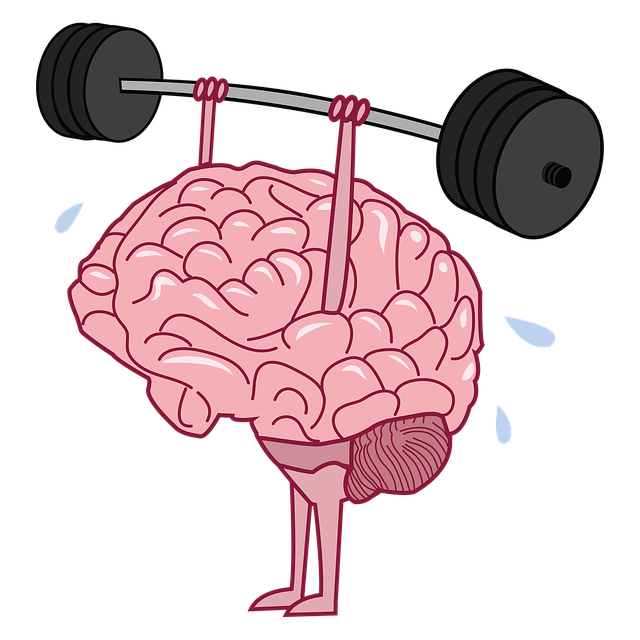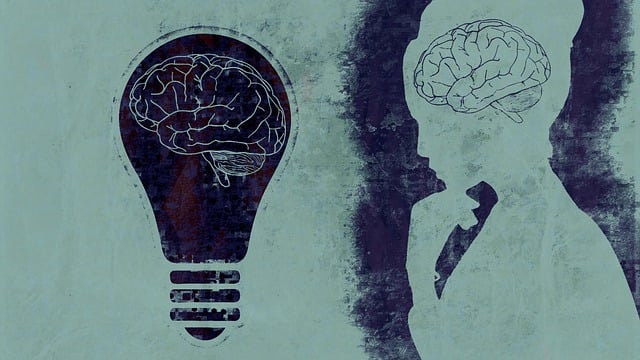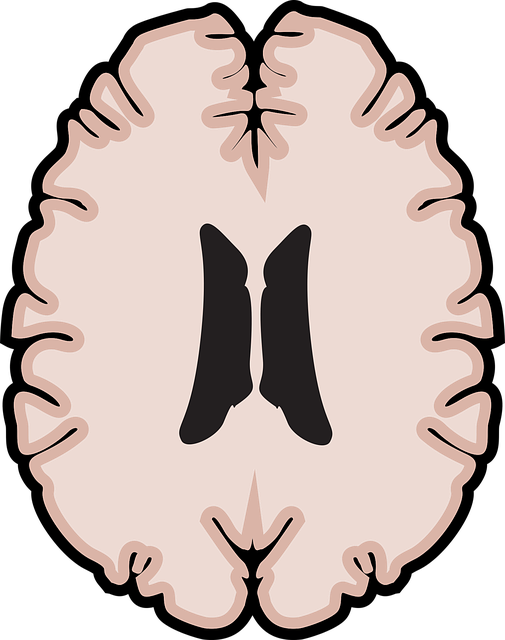Understanding and regulating moods is crucial for healing from child abuse, as it enables individuals to process trauma and develop healthy coping mechanisms. Lone Tree Child Abuse Therapy integrates evidence-based practices like Cognitive Behavioral Techniques (CBT), mindfulness, and emotional expression to effectively manage moods. These methods reduce negative reactions, enhance emotional regulation, and provide sustainable tools for stress management and long-term mental health recovery. Through a supportive environment, positive relationships, and community resources, Lone Tree Child Abuse Therapy fosters resilience and overall well-being.
Mood regulation strategies are essential tools for healing and well-being, especially for those who have experienced challenges like child abuse. This article explores various techniques designed to help individuals manage and improve their emotional states. From cognitive behavioral therapies that reshape thought patterns, to mindfulness practices fostering present-moment awareness, each section guides readers through effective methods. Discover how expressive arts and supportive environments further aid in recovery, offering a holistic approach to healing at Lone Tree Child Abuse Therapy.
- Understanding Mood Regulation: The Basis for Healing
- Cognitive Behavioral Techniques: Shaping Thought Patterns
- Mindfulness and Meditation: Cultivating Present-Moment Awareness
- Emotional Expression and Release: Unlocking Suppressed Feelings
- Building a Supportive Environment: Therapeutic Spaces and Relationships
Understanding Mood Regulation: The Basis for Healing

Understanding Mood Regulation is a fundamental aspect of healing, especially in addressing complex issues such as child abuse and its lasting impact. At Lone Tree Child Abuse Therapy, we recognize that mood regulation strategies are crucial tools for fostering resilience and well-being among affected individuals. This involves helping clients identify and manage their emotional states effectively, which is essential for processing traumatic experiences and promoting healthy coping mechanisms.
By integrating evidence-based practices, our therapists assist clients in developing a deeper understanding of their emotions and triggers. Through this process, individuals can learn to navigate and modulate their moods, reducing the intensity of negative reactions and enhancing overall emotional regulation. Such strategies are not only beneficial for managing immediate symptoms but also play a pivotal role in long-term mental health recovery, particularly when combined with public awareness campaigns and risk management planning for mental health professionals. Additionally, stress reduction methods can significantly contribute to mood stabilization, ensuring that clients develop sustainable tools for emotional well-being.
Cognitive Behavioral Techniques: Shaping Thought Patterns

Cognitive Behavioral Techniques (CBT) are a powerful tool in shaping thought patterns and, consequently, one’s mood. This therapeutic approach encourages individuals to identify and challenge negative or distorted thinking, replacing them with more balanced and realistic perspectives. By modifying underlying cognitive processes, CBT can effectively manage various mental health conditions, including those that may arise from past traumas like child abuse, as exemplified by Lone Tree Child Abuse Therapy.
This strategy involves actively monitoring and adjusting one’s thoughts, especially during stressful situations known to induce burnout among mental health professionals. Risk Management Planning and Risk Assessment for professionals can incorporate CBT techniques to prevent burnout and promote resilience. By learning to recognize and reframe negative thoughts, professionals can better navigate challenging scenarios, enhance their decision-making, and ultimately improve patient outcomes while safeguarding their well-being.
Mindfulness and Meditation: Cultivating Present-Moment Awareness

Mindfulness and meditation are powerful tools for mood regulation, offering a calming approach to managing emotional states. By focusing on the present moment, individuals can break free from recurring negative thoughts or traumatic memories that may be holding them back, especially those who have experienced child abuse or are seeking guidance through crisis intervention. This practice involves paying attention to one’s breath, bodily sensations, and surroundings without judgment, allowing for a deeper understanding of one’s emotions and triggers.
Lone Tree Child Abuse Therapy emphasizes the importance of mindfulness as part of their comprehensive mental health education programs design. Through regular meditation, clients learn to cultivate self-care practices that enhance emotional resilience and provide an effective crisis intervention strategy. By embracing mindfulness, individuals can develop a greater sense of inner peace, improve focus, and foster better overall mental well-being.
Emotional Expression and Release: Unlocking Suppressed Feelings

Emotional expression is a powerful tool for mood regulation, often overlooked but incredibly impactful. Many individuals, especially those who have experienced trauma or endured challenging circumstances like child abuse therapy, may develop coping mechanisms that suppress their emotions. This can lead to a buildup of unprocessed feelings, resulting in heightened stress levels and potential mental health issues. The process of unlocking and expressing these suppressed emotions is akin to letting go of a heavy burden.
By embracing emotional release, individuals can tap into the mind over matter principles that empower them to take control of their well-being. This doesn’t mean allowing emotions to dictate one’s life but rather learning to acknowledge and process them healthily. Techniques such as journaling, art therapy, or even simple conversation with a trusted friend can facilitate this release, ultimately contributing to burnout prevention and enhancing mental wellness.
Building a Supportive Environment: Therapeutic Spaces and Relationships

Creating a supportive environment is a cornerstone of effective mood regulation strategies, especially in the context of child therapy. At Lone Tree Child Abuse Therapy, we understand that the therapeutic space itself can significantly impact a child’s ability to heal and manage their emotions. A nurturing and safe environment fosters trust and encourages openness, making it easier for children to express their feelings and work through trauma. This involves not just physical spaces but also establishing strong, positive relationships.
Therapeutic relationships built on empathy, consistency, and warmth provide a solid foundation for resilience-building. These relationships help children feel seen, heard, and understood, which is crucial for developing healthy coping mechanisms. By integrating mental health policy analysis and advocacy into the equation, we ensure that the environment extends beyond the walls of the therapy room, promoting community support and resources that contribute to long-term well-being. Stress management workshops organization within these supportive frameworks can further empower children with practical tools to navigate their emotions effectively.
Mood regulation is a powerful tool for healing and personal growth, especially in navigating challenging life experiences. By understanding the basics of mood regulation, incorporating cognitive behavioral techniques, practicing mindfulness, and expressing emotions healthily, individuals can transform their emotional well-being. Lone Tree Child Abuse Therapy emphasizes the importance of these strategies, offering a supportive environment where clients can learn to manage their moods effectively and foster positive relationships. With dedicated practice, anyone can cultivate resilience and find balance in their emotional landscape.

